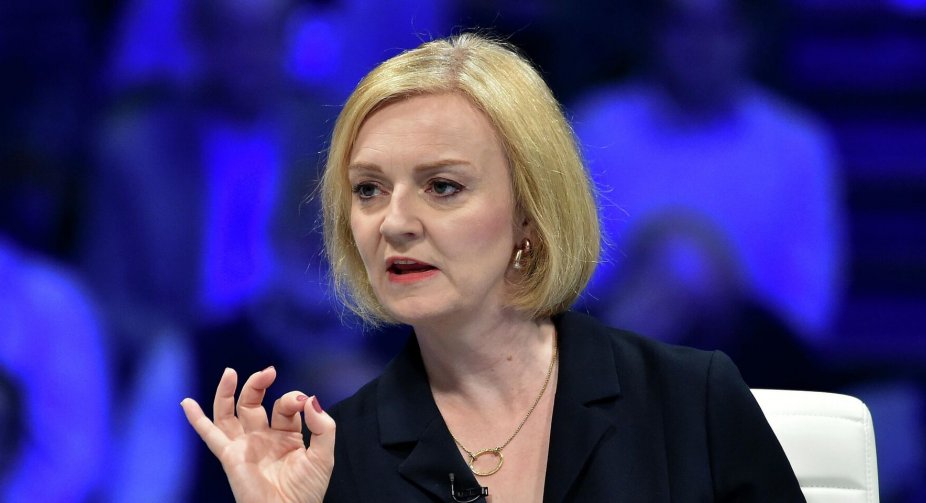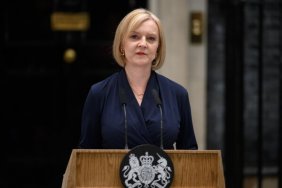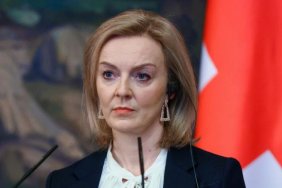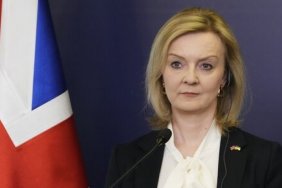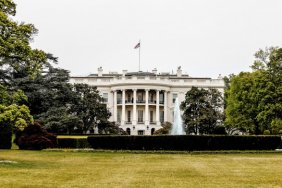British Prime Minister Liz Truss was forced to make a U-turn on her policy on Monday, scrapping plans to cut the top rate of income tax that had led to a rebellion in her party and turmoil in financial markets.
This is reported by Reuters.
Tras and her finance minister, Kwazi Kwarteng, announced a new "growth plan" on September 23, which included tax cuts and regulation financed by massive government borrowing.
But the plan sparked a crisis in investor confidence in the government, sending the pound and government bond prices tumbling and shaking global markets so much that the Bank of England had to step in with a £65 billion program to prop up markets.
Although the abolition of the top rate of tax accounted for only around £2 billion of the £45 billion tax cut plan, it was the most attractive element of the fiscal package, which was to be financed by public borrowing.
Hours after Truss appeared on the BBC to defend the policy, Kwarteng released a statement saying he recognized it had become a distraction from wider efforts to help households through the difficult winter.
"As a result, I am announcing that we will push for the abolition of the 45% tax rate. We understood that and we listened," he said.
According to him, the refusal to abolish the highest rate of income tax will allow the government to focus on other parts of the growth plan.
The decision to change course is likely to put Tras and Kwarteng under enormous pressure less than four weeks after taking office. Over the past six politically tumultuous years, Britain has had four prime ministers.
